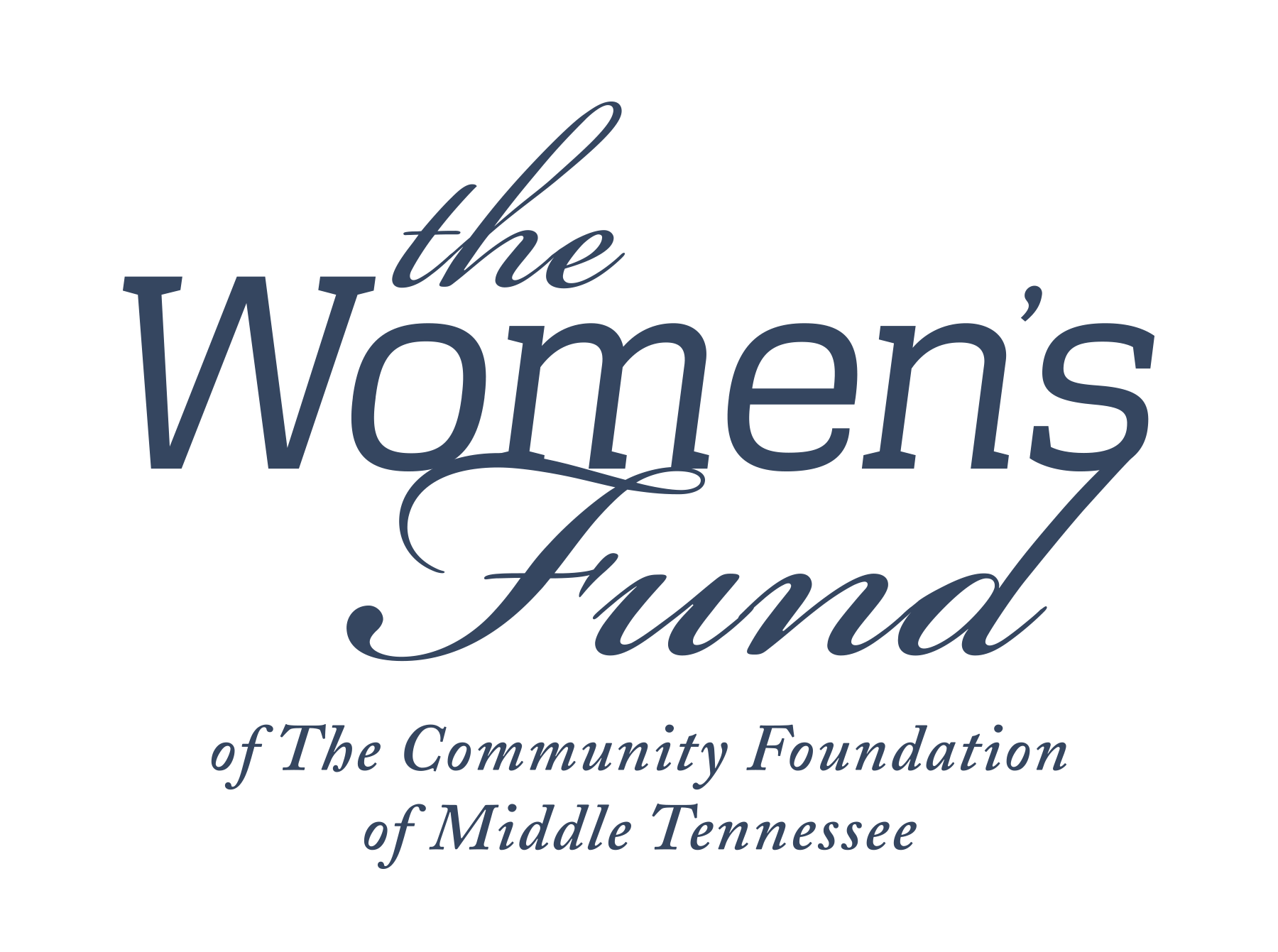Whenever new tax legislation is passed, the IRS and Treasury Department must review and present rules for operationalizing and applying tax law. The 2023 Notice from the IRS presented proposed new rules, definitions, and clarifications for Donor Advised Funds.
It is not the first preview of the direction the IRS and Treasury Department have been moving concerning Donor Advised Funds since 2006. The first came in December 2017 with Notice 2017-73 from the IRS and Treasury Department. We wanted to provide a preview of a few key items that impact Donor Advised Funds, and areas we consider to have the greatest impact, should both sets of proposed rules be enacted as presented.
From Notice 2017-73: Proposed Guidance for Donor Advised Funds.
Charity Events and Membership Fees
Notice 2017-73 further provides that distributions from a DAF for the purchase of tickets that enable a Donor/Advisor to attend or participate in a charity-sponsored event result in a more than incidental benefit to the Donor/Advisor under Section 4967 of the Code, even where the Donor/Advisor pays the non-deductible portion of the ticket price. The same analysis would apply concerning membership fees and member benefits. As the Notice points out, a “Donor/Advisor who wishes to receive goods or services (such as tickets to an event) offered by a charity in exchange for a contribution of a specified amount can contribute directly, without the involvement of a DAF.”
Fulfillment of A Donor/Advisor’s Pledge
Section 4967 of the Code imposes excise taxes when a donor advisor advises a DAF to make a distribution that directly or indirectly confers more than an incidental benefit upon a Donor/Advisor. The excise tax is imposed on any Donor/Advisor who advises as to the distribution or who receives the benefit as a result of the distribution, as well as on any fund manager who agrees to make the distribution knowing that it confers more than an incidental benefit upon a Donor/Advisor. Before the Notice, it was not clear whether a donor advisor may advise a distribution from a DAF to satisfy a Donor/Advisor’s pledge to contribute to a charity.
The Notice delivers some clarity, providing:
Specifically, certain distributions from a DAF that the recipient charity treats as fulfilling a Donor/Advisor’s pledge would not result in a more than incidental benefit under Section 4967 of the Code, regardless of whether the pledge is legally enforceable, provided that the following requirements are met:
(a) The sponsoring organization does not refer to the existence of a charitable pledge when making the DAF distribution;
(b) No Donor/Advisor receives, directly or indirectly, any other benefit that is more than incidental on account of the DAF distribution; and
(c) No Donor/Advisor attempts to claim a charitable contribution deduction concerning the DAF distribution.
From 2023 Notice: Taxes on Taxable Distributions from Donor Advised Funds
The proposed 2023 regulations are detailed in a 70+ page document, and there have been many comments made by a range of organizations during a comment period that ended February 15th. The two most impactful regulations for Donor Advised Funds and some other funds with advisory committees included are these:
- Persons who collectively advise on investments in, or distributions from, a given fund, such as advisory committee members, could be considered donor-advisors vis-a-vis that fund, even if they did not donate to the fund unless they meet a narrow advisory committee exception or another narrow exception.
- The proposed regulations would treat an investment advisor managing the investment of, or providing investment advice concerning, both DAF assets and the personal assets of a donor to that DAF as a donor-advisor unless that investment advisor is an employee of the sponsoring organization or provides services to the sponsoring organization as a whole. Consequently, any payment by the sponsoring organization from the DAF to the donor-advisor for investment advice would be a taxable distribution under IRC Section 4966, subjecting the organization to a 20% excise tax on the payment amount. Further, the investment advisor would be a disqualified person of the sponsoring organization under IRC Sections 4958(f)(7)-(8), and thus liable for an excess-benefit-transaction excise tax on the payment by the organization from the DAF under IRC Section 4958(c)(2), regardless of whether the payment is reasonable or excessive
The Foundation will continue to watch the progression of these conversations and provide relevant updates that will impact Donor Advised Funds. If you have questions, please contact Amy Fair at afair@cfmt.org or 615-321-4939 ext. 102.
About Community Foundation of Middle Tennessee
Community Foundation of Middle Tennessee unites compassionate individuals and worthy causes to build a more thriving and inclusive community by transforming thoughtful generosity into positive change. Its generous donors span the community and are driven by a shared commitment to addressing diverse needs.






